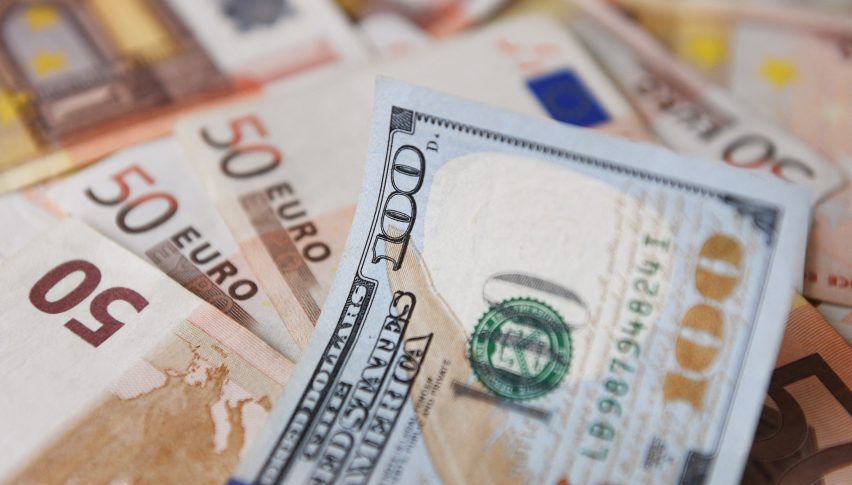Risk appetite resumes in French market after a surprise left win
An unexpected left-wing surge in Sunday's election stopped Marine Le Pen's bid to bring the extreme right to power in the National Assembly

Monday’s French stock market rebounded from its early losses, and the risk premium of French bonds relative to German bonds decreased as investors digested the election results, which left France with a hung parliament and likely challenging coalition negotiations.

An unexpected left-wing surge in Sunday’s election stopped Marine Le Pen’s bid to bring the extreme right to power in the National Assembly, however, no single political group could secure a functioning majority.
According to polling firms, the left would win between 184 and 198 members, far less than the 289 MPs required for a clear majority. A total of 160–169 seats were predicted for the centrist alliance of President Emmanuel Macron, and 135–143 seats for the RN and its supporters.
A major area of concern since the announcement of the snap election has been the tax and spending policies of the left-wing New Popular Front and the hard-right Rassemblement National (RN, or National Rally).
French assets moved irregularly initially due to traders’ inability to process relief at the lack of a far-right victory that may have led to more borrowing and expenditure, as well as concerns about a stronger left that would challenge President Emmanuel Macron’s pro-market policies.
The hazy state of the market was exacerbated by the uncertainty around who would ultimately form a government.
The benchmark is still down over 4% since the election was announced on June 9, although the blue-chip CAC40 share index in France recently saw a 0.4% increase, reversing an earlier decline.
Before the vote, French banks saw a sell-off due to worries about windfall taxes and the impact of more borrowing on their considerable holdings of French government debt.
The European Commission announced two weeks ago that it intended to place France under an Excessive Deficit Procedure due to the nation’s inability to keep its budget deficit below 3 percent of GDP. France is under difficult financial circumstances.
A fiscal deficit plan (EDP) is a legal action that the European Commission takes against any member state of the EU that does not lower its debt levels or beyond the fiscal deficit ceiling.
- Check out our free forex signals
- Follow the top economic events on FX Leaders economic calendar
- Trade better, discover more Forex Trading Strategies
- Open a FREE Trading Account
- Read our latest reviews on: Avatrade, Exness, HFM and XM


